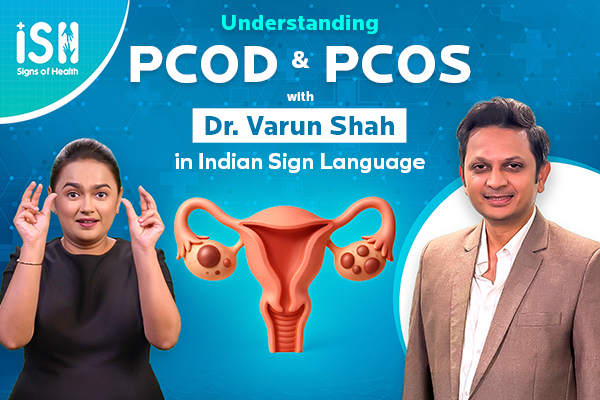What to Eat and What to Avoid during the Monsoon Season?
Tips on what you should eat and what you should avoid during the monsoon season to stay fit & healthy and enjoy the pitter-patter of the rains to the maximum.
By the end of May and the beginning of June, our eagerness and impatience for the approaching monsoon reach their peak. While we are excited to get relief from the scorching summer heat and to enjoy the pit-pat music and scenic views of the monsoon, we must not forget to take care of our bodies. The damp and highly humid conditions of the monsoon season can host many types of germs that can cause serious health issues like viral fever, conjunctivitis, typhoid, gastrointestinal disturbances, cholera, and diarrhoea. Additionally, rainwater-logged areas can act as breeding grounds for mosquitoes, which can spread diseases like dengue, malaria, and chikungunya.
If your immune system is weak, you can easily catch these diseases during the monsoon. Therefore, here are a few tips on what you should eat and what you should avoid eating during the monsoon season to ensure you stay healthy:
What to Eat?
Fluids
Water bodies tend to get contaminated during the monsoon. Therefore, drinking only boiled water is preferable to ensure it is safe and potable. Apart from boiled water, you can also consume freshly made hot beverages like kadha, herbal teas, and soups to stay hydrated, detoxify the body, balance electrolytes, and strengthen the immune system.
Fruits
Eat seasonal monsoon fruits like black/java plum (jamun), pears, plums, cherries, peaches, papaya, apples, lychee, and pomegranates. These fruits provide essential nutrients, vitamins A and C, antioxidants, and fibre, which ensure improved digestion, enhanced gut health, and better immunity.
Vegetables
Eat gourd and bitter vegetables like bottle gourd, bitter gourd, ash gourd, ridge gourd, snake gourd, methi, neem, and okra. These vegetables provide fibre to regulate the digestive system, increase immunity, and prevent infections.
Nuts and Seeds
Nuts like almonds, walnuts, pistachios, and peanuts, as well as seeds like pumpkin seeds, sunflower seeds, and hemp seeds, will keep the body healthy.
Probiotics
Consuming fermented food items like yoghurt, buttermilk, pickled vegetables, idli, dosa, dhokla, and kadhi are good for health as they contain probiotics (good bacteria) which enhance digestion and fight disease-causing germs and bad bacteria.
What to Avoid Eating?
Outside Food
Monsoon provides ideal conditions for bacterial and fungal growth, increasing the risk of food and water contamination. Therefore, avoid eating outside food at restaurants and street stalls.
Fried Foods
Do you crave fried foods like samosas and pakodas during the monsoon, just like me? It's a natural craving, isn’t it? While consuming fried food in moderate quantities is fine, eating fried food excessively during the monsoon can cause several gastrointestinal issues like indigestion, bloating, and diarrhoea.
Seafood
The risk of water contamination is higher during the monsoon, which can make fish and other sea animals carriers of infection and diseases. Therefore, it is best to refrain from eating seafood during the monsoon season.
Unwashed Fruits and Vegetables
Many insects like worms, flies, spiders, caterpillars, bugs, and even scorpions take refuge inside vegetables to protect themselves from the rain. Additionally, bacteria and other contaminants from the soil can get splashed onto the surface of produce when it rains. Therefore, ensure that your fruits and vegetables are washed thoroughly and cooked at high heat.
Don’t forget to consult your doctor before following these suggestions. Remember, you’ll be able to enjoy the much-awaited monsoon season more if you stay healthy.







